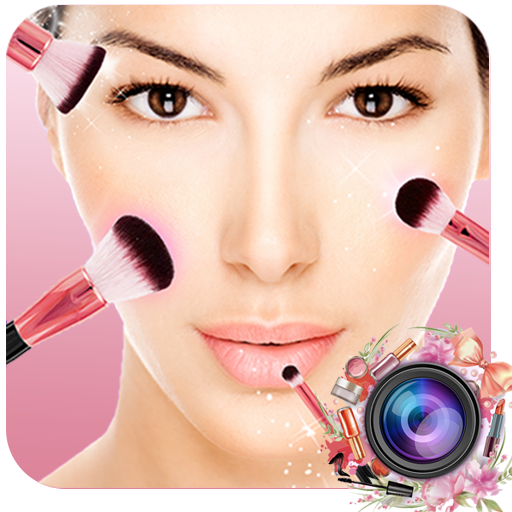Beauty is frequently defined as the subjective feeling of pleasure in things that make these things pleasant to see. Such things as sunsets, landscapes, humans and beautiful works of art are considered to be beauty. Beauty, along with beauty appreciation, is currently the most significant topic of aesthetics, one of the most important branches of psychology. As such, aesthetics has had profound influences on aesthetic theory, the study of beauty, and on aesthetic behavior. It has also had profound influences on beauty therapy, and even on beauty research.

“Essentialism” is a branch of psychology that defines beauty as the internal state of a person, or as a quality of physical attributes that give the individual an “essence.” Charles Darwin made much use of this concept in his famous “The origin of man.” Essentialism may seem to offer an easy explanation for the existence of beauty. After all, the physical aspects of beauty could easily have been produced by natural means, so it would follow that all individuals share some kind of basic physical beauty. Therefore, all individuals are said to possess an “essence” or “inner beauty,” which is why the term “etymological” is not needed.
According to the twentieth century aesthetic school, however, the definition of beauty is more complex than that presented above. According to this view, beauty exists independently of any claims to concrete reality, and is not necessarily determined by the physical attributes of any given object. According to this perspective, beauty exists in the soul or the mind of a person, independent of all the material aspects of a given object. This concept is highly related to the ideas of freedom and self-respect that are preoccupied by some psychologists today. According to this school, the true measure of beauty is subjective and is not dependent upon anything objectively measurable.
According to this view, beauty is a subjective quality, and is therefore not objective. We can distinguish between two different schools of aesthetic evaluation: one which put the emphasis on a relation between beauty and its constituent objects, and the other which places the emphasis on a relation between beauty and the person who appreciate it. The first school denies that there is a standard of beauty, while the second denies that there is a standard of beauty. For example, it might be claimed that the sight of an object is, in and of itself, beauty, while the aesthetic conception of beauty consists of a relation between the object and our personal taste. Another aspect of this question is that beauty depends upon what the eye sees, while our personal taste depends on what we like. Thus, the debate between the real beauty and the vanity of human nature continues.
There is a very interesting book that I have recently read, with a title that should give an answer to the above question: “Is Beauty an Objective Or Subjective Quality?” In this book, the author makes a very important point: that beauty as such is not a quality of anything, but is a relation between an object and a subject. Beauty exists independent of the object, as a relation between two bodies in space. It is a quality that depends solely upon the nature of the observer.
The beauty essay is, at its core, a study of how we relate to beauty in general. It makes an important point by showing how the beauty of the physical world as seen by the beholder or noticed by the sighted is very different from the beauty of that same world seen through a camera or computer. The beauty essayists therefore argue that the subjective beauty of a work of art is no more objective than are our personal opinions of beauty. We may all agree that ugly is beautiful, but we will also disagree as to what constitutes beauty. Our beauty essayists thus argue against any and all attempts to place a general standard of beauty in human experience, on the grounds that beauty is subjective and cannot be objectively measured.